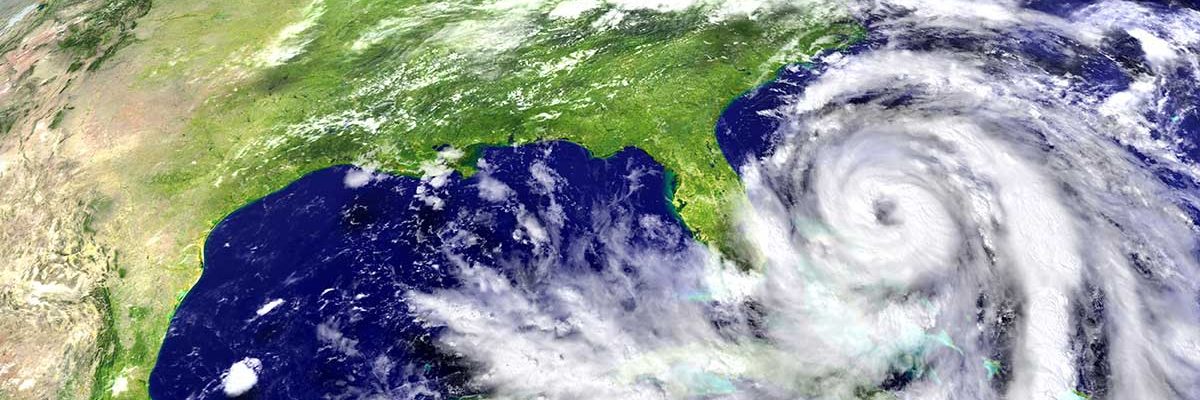Preparing for hurricane season is crucial for ensuring the safety of your family, home & property, and minimizing the risks associated with these powerful storms. As a Miami natives, we take hurricane season seriously. The TBR team has many years of experience in preparing efficiently for hurricane season. We understand these storms have the potential of creating widespread destruction. The TBR team is steadfast on keeping up with every update of all hurricane threats. We take precautions ahead of time to ensure the well-being of the property. This includes (but not limited to) the following:
- Trimming trees and shrubs
- Moving all outdoor furniture inside the garage and/or designated safe space
- Moving furniture inside away from the windows
- Inspect roof & gutters
- Close shutters & secure windows
- Unplug appliances
- Double checking smoke detectors
- Inspect the property for any objects that can be potential projectiles
- Move vehicles inside garage
Ultimately, being proactive ahead of hurricane season can protect the property and be very helpful in recovering once the storm passes.
If you are in Miami during a hurricane, here are some additional key tips to help you and your family get ready:
Create an Emergency Plan
– Designate a Safe Room: Choose a safe place in your home, such as a basement or an interior room without windows, to take shelter during the storm.
- Evacuation Routes: Familiarize yourself with local evacuation routes and shelters. Plan how to evacuate if necessary and ensure everyone in your household knows the plan.
- Communication: Make sure everyone has a way to communicate during a power outage. Have a list of emergency contacts, and make sure your family members know where to meet if separated.
Prepare an Emergency Kit
– Essentials: Include enough non-perishable food and water to last at least 72 hours for each family member. Don’t forget pet supplies if applicable.
- First Aid Kit: Stock a well-equipped first aid kit with bandages, antiseptic, medications, and any other necessary medical supplies.
- Flashlights & Batteries: Have several flashlights with extra batteries to ensure visibility during power outages.
- Portable Power: Consider getting a portable power bank to charge devices like phones and tablets.
- Important Documents: Store essential documents (IDs, insurance policies, medical records) in a waterproof container or digital backup.
- Cash: Keep cash on hand, as ATMs and card readers may not work during power outages.
Secure Your Home
– Windows & Doors: Install storm shutters or cover windows with plywood to protect against flying debris. Reinforce doors, especially the garage door, to prevent wind damage.
- Check Roof & Gutters: Inspect your roof for loose shingles or tiles and repair them. Clean gutters to ensure water flows away from your home during heavy rain.
- Trim Trees and Shrubs: Trim any trees or bushes that could become a hazard during high winds. Remove dead or damaged branches that could fall on your house.
- Secure Outdoor Items: Bring in outdoor furniture, planters, and anything that could become a projectile in high winds.
Review Insurance Coverage
– Flood Insurance: Check your homeowner’s insurance to make sure it covers flood damage. Standard policies typically don’t cover flooding, so consider adding flood insurance.
- Update Your Policy: Ensure that your policy is up to date with your current home value, including any recent home improvements or renovations.
- Document Property: Take photos or videos of your property and valuables for insurance purposes in case of damage.
Prepare Your Vehicle
– Full Tank of Gas: Keep your car’s gas tank full during hurricane season, as fuel may be in short supply if a storm hits.
- Emergency Kit for Car: Have an emergency kit in your vehicle, including water, non-perishable snacks, a flashlight, and a first aid kit.
- Move Vehicles to Higher Ground: If you live in a flood-prone area, move vehicles to higher ground or a safe area away from trees and structures.
Monitor Weather Alerts
– Get a NOAA Weather Radio: Invest in a battery-powered or hand-crank NOAA weather radio to receive real-time updates, especially if the power goes out.
- Sign Up for Alerts: Register for local alerts and warnings through apps or community services to stay informed about the storm’s progress.
Consider Flood Prevention
– Flood Barriers: If you live in a flood-prone area, consider purchasing sandbags or flood barriers to prevent water from entering your home.
- Elevate Valuables: Move valuable items, electronics, and documents to higher floors or elevated surfaces to protect them from water damage.
Stay Informed During the Storm
– Follow Official Sources: Stay updated by following local authorities, the National Hurricane Center (NHC), or the National Weather Service for the latest warnings and updates.
- Listen to Emergency Alerts: Pay attention to emergency sirens or alerts and follow instructions from local authorities about evacuation or shelter-in-place procedures.
Evacuation Plan and Kit
– Know Where to Go: If an evacuation is ordered, know the nearest shelters and the safest route to get there. Pack your emergency kit in advance, and ensure your car is ready to go if you need to leave quickly.
- Pet Evacuation: Plan for your pets by finding pet-friendly shelters and including pet food, water, and medications in your emergency kit.
Practice Safety and Post-Storm Actions
– During the Storm: Stay indoors and away from windows. Don’t attempt to drive or walk through flooded areas. Wait until authorities declare it safe to go outside.
- Post-Storm Safety: Avoid downed power lines and stay clear of floodwaters. Use flashlights, not candles, to avoid fire hazards. Inspect your home for damage and report any hazards to authorities.
By following these tips and preparing in advance, you can minimize risks and stay safe during hurricane season in South Florida. Preparation is key to protecting yourself, your loved ones, and your property.

